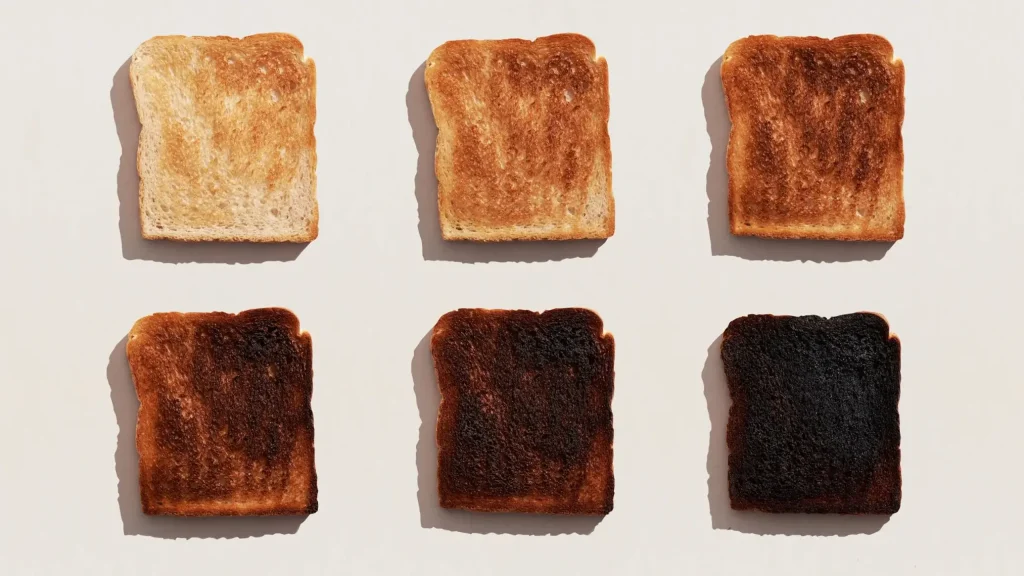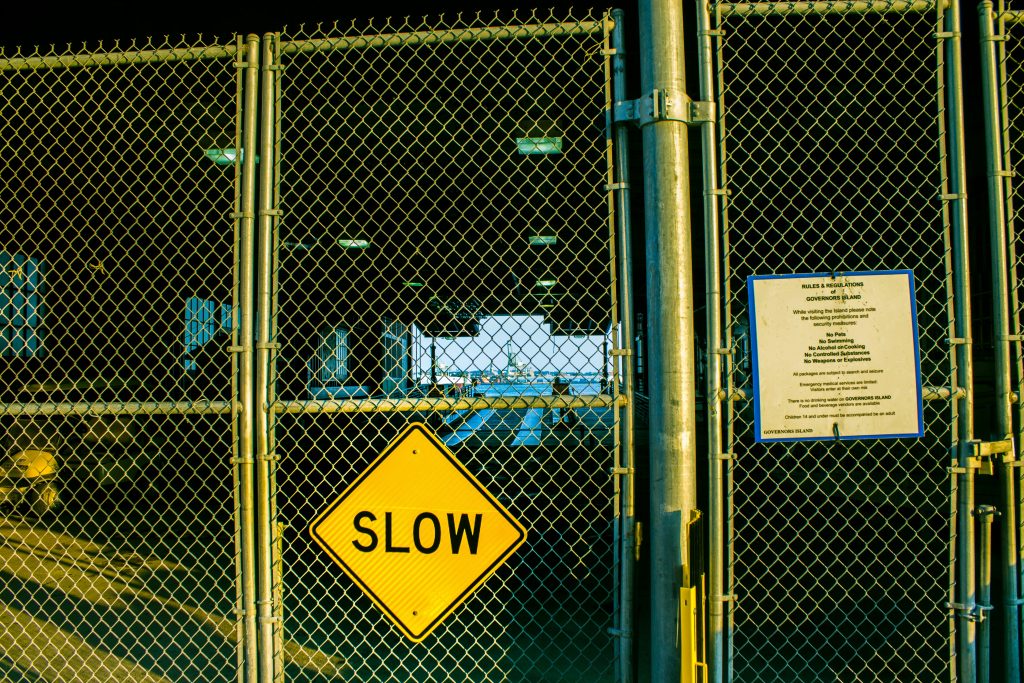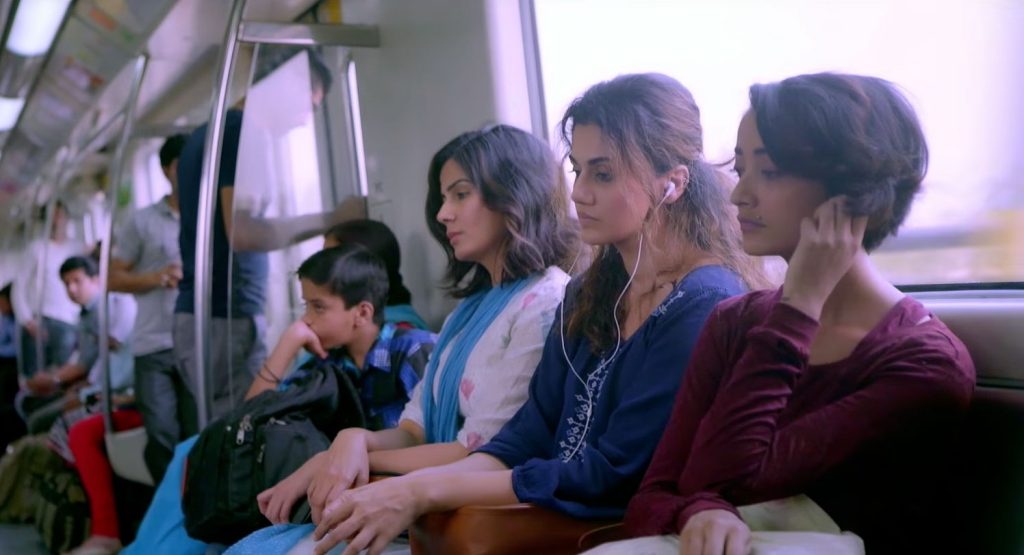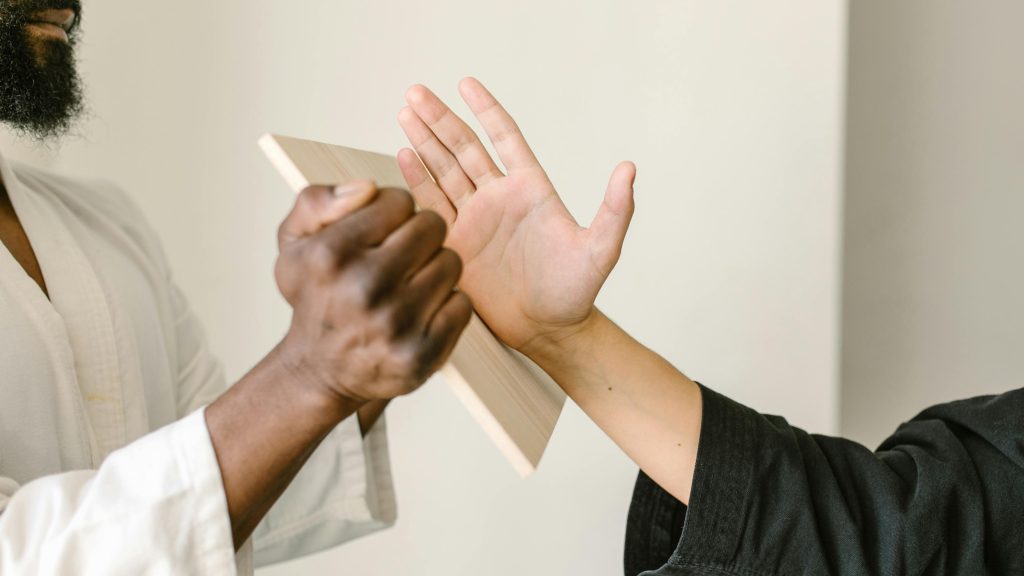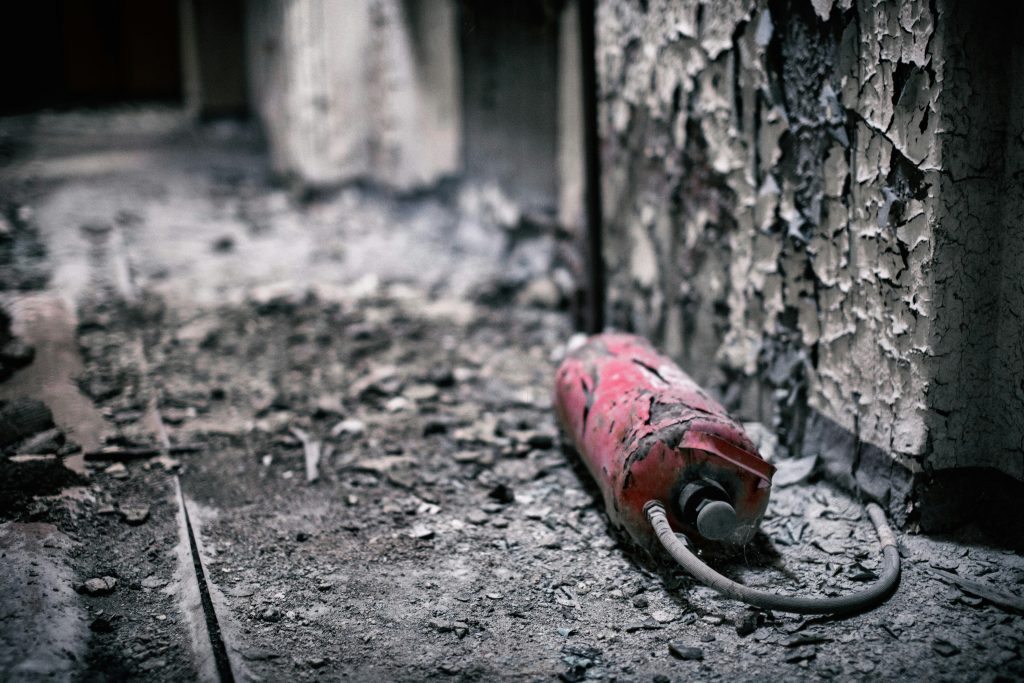
Serein Inclusion Team
3 min read
What we see online often plays a key role in breaking the mould of stereotypes. TV Shows have pushed forth in this domain, be it through the Chess masterpiece in the Queen’s Gambit or the Urdu dramedy in Chudails.
Trust is about confidence in others; psychological safety is about confidence in being yourself. Together, they shape open, resilient teams where people thrive.
Psychological safety is key for an essential workplace. According to Timothy R Clark's work, it is of four types: Inclusion, Learner, Contributer and Challenger safety.
- All
- People and culture
- Domestic violence
- Life at Serein
More women in STEM research isn't just fair; it's essential. Diverse perspectives drive groundbreaking discoveries & solutions missed by homogenous teams. Close the gap!
Witnessing my mom's career journey taught resilience & work ethic. As a parent, it showed me the profound impact of modeling ambition & balance for the next generation.
Should women return to work?" frames it wrong. The question is: How can workplaces offer true flexibility, support & equitable paths enabling all parents to thrive?
Should women be treated differently? Yes – by actively removing systemic barriers they face. Equity, not identical treatment, creates a truly level playing field for success.
A break doesn’t break your career. With patience, purpose, and a little ‘me time,’ a restart can be a reinvention - on your terms, in your time, with confidence.
Career breaks don’t erase capability. With experience, adaptability, and the right support, women returning to work can lead fast, thrive faster and uplift teams too.
Where are women in Indian science? Bias often overshadows merit, blocking entry & advancement. Recognising & dismantling systemic hurdles is essential for progress.
“Hey lady, drive faster!” reflects casual sexism Indian women drivers face daily – undermining confidence & reinforcing stereotypes. Respect & patience are non-negotiable.
Ziro Music Festival showcases inadvertent equality: diverse artists & audiences organically creating a space of mutual respect & shared joy, proving inclusion can be effortless.
The film PINK powerfully nails workplace harassment realities & victim-blaming culture. It underscores the vital need for consent education & systemic support for survivors.
Rigid gender stereotypes harm children early, limiting aspirations (“boys don’t cry,” “girls aren’t leaders”). Fostering choice & self-expression unlocks true potential.
More women in STEM research isn’t just fair; it’s essential. Diverse perspectives drive groundbreaking discoveries & solutions missed by homogenous teams. Close the gap!
Silence around domestic violence hurts workplaces too. Recognise signs, offer safe support systems & flexible policies to help survivors heal & retain employment.
India’s Domestic Violence Act protects both parties in live-in relationships. Understanding this legal recognition is crucial for safety & seeking rightful recourse.
Cinema often sensationalises domestic violence. Responsible storytelling should highlight realities, survivor strength & pathways to support, not perpetuate myths.
Gaslighting is psychological abuse making victims doubt their reality. Recognise manipulation tactics, trust your instincts & seek support to break free from this.
Women have the right to protection orders, residence, monetary relief & legal aid under India’s Domestic Violence Act. Knowing these enables survivors to be safe.
Consent & boundaries are key. Domestic violence shatters both. Rebuilding starts with respecting autonomy & recognising coercive control as a violation of rights.
A break doesn’t break your career. With patience, purpose, and a little ‘me time,’ a restart can be a reinvention – on your terms, in your time, with confidence.
Career breaks don’t erase capability. With experience, adaptability, and the right support, women returning to work can lead fast, thrive faster and uplift teams too.


